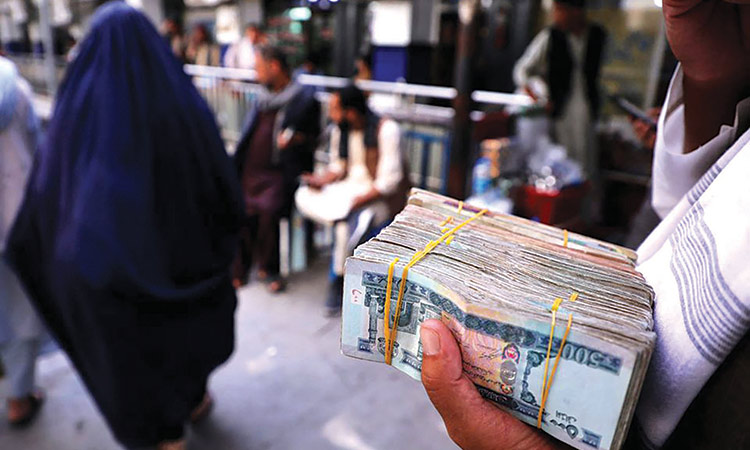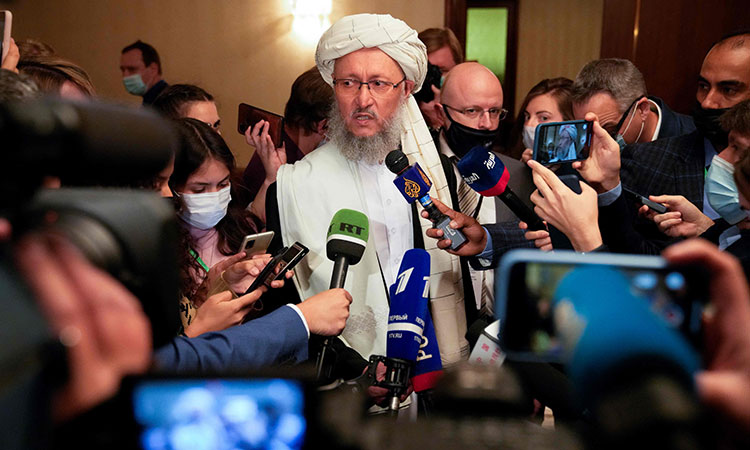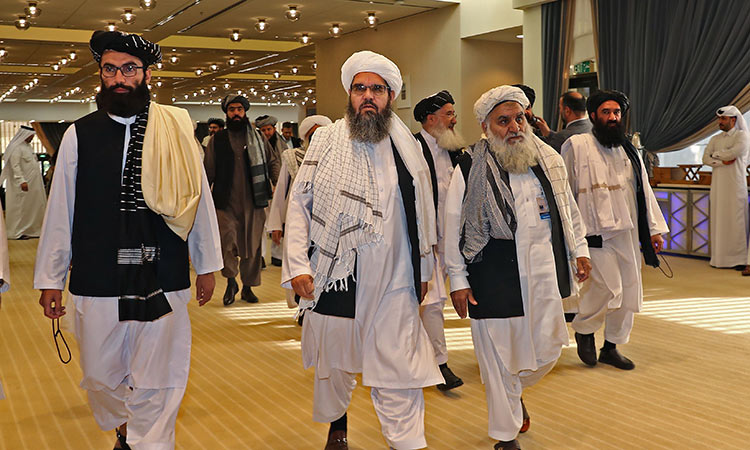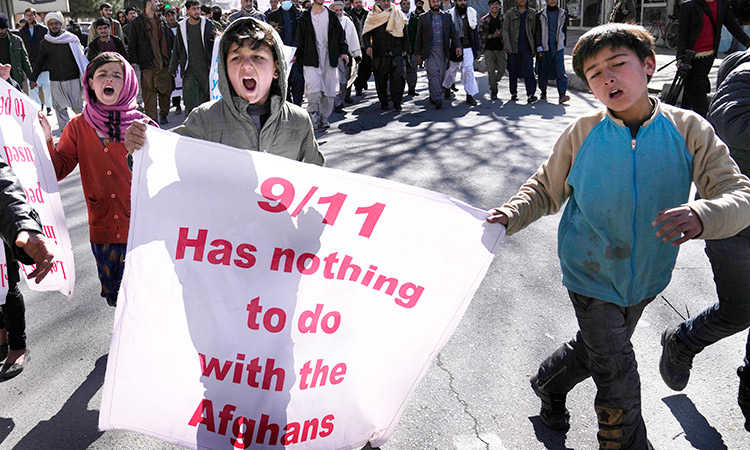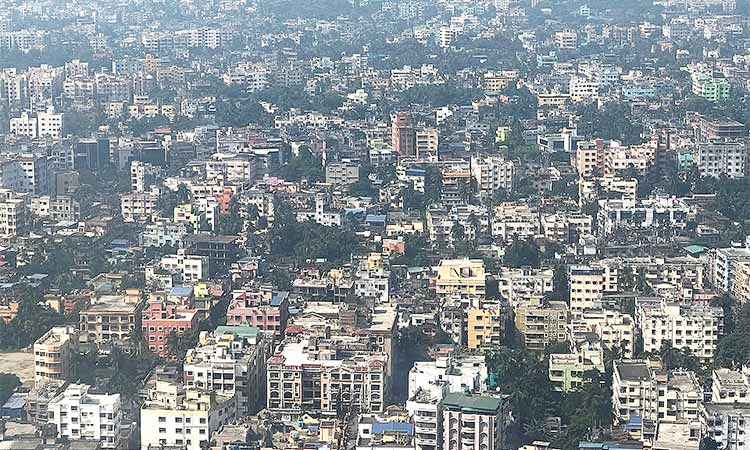India-Pakistan rivalry casts shadow on Afghanistan
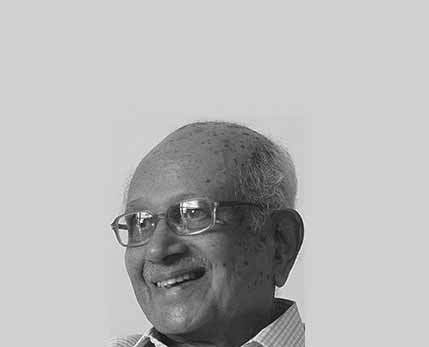
BRP Bhaskar
@brpbhaskarIndian journalist with over 50 years of newspaper, news agency and television experience.
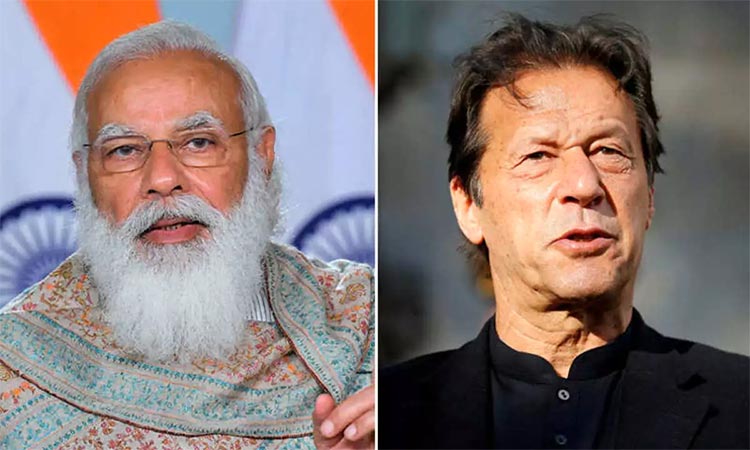
Narendra Modi, Imran Khan
He had reportedly invited them to the ceremony on the advice of Ajit Doval, his choice for the post of National Security Adviser.
The camaraderie witnessed on that day did not last long.
SAARC has not been able to hold its biannual summit since November 2014 on account of strained relations between India and Pakistan.
The Prime Ministers of the two countries have not talked to each other for years. When they are together at global forums they try to avoid each other.
Last week Doval called a meeting of national security advisers of Russia, China, Pakistan and five Central Asian countries for a dialogue on Afghanistan. Pakistan rejected the invitation. Its National Security Adviser, Moeed Yusuf, said India was playing the role of a spoiler. China also skipped the meet.
Given the current state of India’s relations with the two countries, their decision to stay away was not surprising.
The External Affairs Ministry’s spokesman dismissed the Pakistani response with the comment that it showed its attitude.
Interestingly, the Taliban’s response to India’s effort was not negative. It hoped the NSA-level meet would contribute to peace and stability in Afghanistan. India could derive some satisfaction from the participation of Russia, Iran, Kazakhstan, Kyrgyzstan, Tajikistan, Turkmenistan and Uzbekistan in Doval’s meeting.
The meeting endorsed India’s oft-repeated demand that Afghan territory must not be used for terror activities.
The day after the Delhi dialogue, Pakistan hosted a meet on Afghanistan, which was attended by the United States, China and Russia, the three UN Security Council members who have been in touch with one another on Afghan developments. In the process, the group of Big 3 got enlarged as Troika Plus.
Pakistan invited Amir Khan Muttaqi, Foreign Minister in Afghanistan’s Taliban-appointed interim government, to Islamabad for bilateral talks. This enabled him to interact briefly with the Troika. If there was an element of competition between India and Pakistan over Afghanistan, Islamabad was clearly ahead of New Delhi. This was mainly due to its prior contacts with the Big 3 and entities within the Taliban.
India’s contacts with the Afghan people go a long way back and extend to a wide range of matters. But the Modi regime has limited its focus to security. It has not devoted adequate attention to the huge humanitarian crisis there.
Russia was the only country which participated in both the Delhi and Islamabad meetings. The US special envoy who attended the Islamabad meet visited Delhi later.
This shows the continuing interest of the US and Russia in keeping India on board in the Afghan matter. India’s interest in Afghanistan’s development was recognised by all concerned at one stage. Its role got diminished as it opted to stay out of the Doha talks. It rejected repeated US advice to talk to the Taliban, adopting a ‘holier than thou’ attitude.
The primary objective of the Delhi meet was to re-establish India’s credentials as a regional power with a stake in Afghanistan developments.
Actually no one had cut India out of Afghan matters.
The decision to keep aloof from the Doha process reduced its role quite naturally and enhanced Pakistan’s correspondingly.
Afghanistan, which had skilfully retained its status as an independent country by adopting a neutral stance as the British and Czarist empires reached its borders, has now gone through a Soviet occupation and a US-Nato occupation. It has already experienced one spell of Taliban rule, and is bracing to face another.
All those who are interested in the well-being of the people of Afghanistan should bend their energies towards the formation of a government that is representative of the diverse population of the country.
Modi needs to get over the bee-in-the-bonnet mood and join hands with leaders of other countries, including Pakistan, to resolve the Afghan crisis in the best interests of its people as well as the South Asian region.
Let it not be forgotten that India, Pakistan and Afghanistan are all members of SAARC, which is committed to regional cooperation.
